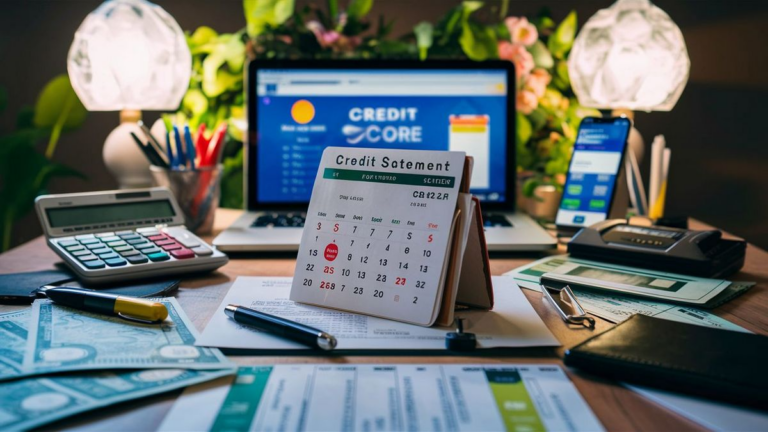Understanding the optimal timing to pay your credit card bill is crucial for maintaining and improving your credit score. Your credit score plays a pivotal role in various financial transactions, influencing your ability to secure loans, obtain favorable interest rates, and even qualify for certain rental agreements or employment opportunities. Therefore, it’s imperative to strategize your credit card payments to positively impact your credit score.
The Importance of Timely Credit Card Payments
Before delving into the specifics of when to pay your credit card bill, let’s underline the significance of timely payments. Payment history constitutes a significant portion of your credit score calculation, typically around 35%. This means that consistently paying your bills on time can substantially boost your credit score, whereas late payments can have adverse effects.
Factors Influencing Credit Score Calculation
To optimize your credit score through timely credit card payments, it’s essential to grasp the factors influencing its calculation. These factors include:
- Payment History
- Credit Utilization Ratio
- Length of Credit History
- New Credit Accounts
- Credit Mix
Best Practices for Paying Credit Card Bills
To enhance your credit score, consider the following best practices:
Pay Before the Due Date
Ensure that you pay your credit card bill before the due date to avoid late payment penalties and negative marks on your credit report. Setting up automatic payments can help you stay on track.
Pay in Full
While paying the minimum amount due may seem convenient, it’s advisable to pay your credit card balance in full each month. This demonstrates responsible credit management and minimizes interest charges.
Monitor Credit Utilization
Keep your credit utilization ratio—the percentage of available credit you’re using—below 30%. High utilization can indicate financial strain and may lower your credit score.
Consider Multiple Payments
Breaking down your credit card payments into multiple transactions throughout the billing cycle can help maintain a lower credit utilization ratio, especially if you regularly use a significant portion of your credit limit.
Strategic Timing for Credit Card Payments
While paying your credit card bill before the due date is crucial, strategically timing your payments can further optimize your credit score:
Pay Before the Statement Closing Date
By paying your credit card balance before the statement closing date, you can lower your reported credit utilization ratio. This is because the balance reported to credit bureaus is typically the one reflected on your statement.
Pay After the Statement Closing Date
If you aim to maintain a low credit utilization ratio, consider making an additional payment after the statement closing date but before the due date. This can further reduce the reported balance and positively impact your credit score.
Managing your credit card payments strategically can significantly impact your credit score. By paying your bills on time, maintaining a low credit utilization ratio, and understanding the nuances of credit reporting, you can work towards improving your financial health and securing favorable credit opportunities.
Common Misconceptions about Credit Card Payments
Despite the importance of timely payments and strategic planning, there are some misconceptions that can lead to confusion:
- Myth: Carrying a balance helps improve credit score.
- Reality: Carrying a balance does not inherently boost your credit score; it may actually increase interest charges.
- Myth: Closing unused credit cards improves credit score.
- Reality: Closing old accounts can shorten your credit history and impact your credit utilization ratio.
Understanding Credit Score Fluctuations
It’s essential to recognize that your credit score may fluctuate due to various factors, not just payment timing. These fluctuations can occur due to:
- Changes in credit utilization
- Opening or closing credit accounts
- Applying for new credit
- Changes in credit mix
| Factor | Impact on Credit Score |
|---|---|
| Payment History | Positive impact when paid on time, negative impact with late payments |
| Credit Utilization Ratio | Lower ratios positively affect credit score |
| Length of Credit History | Longer histories generally result in higher scores |
| New Credit Accounts | Opening many new accounts in a short period can lower score |
| Credit Mix | Having a variety of credit types can be beneficial |
Frequently Asked Questions
Here are some common questions about credit card payments and credit scores:
- What happens if I miss a credit card payment?
- How long does a late payment stay on my credit report?
- Does paying off a credit card improve my credit score immediately?
See also:






